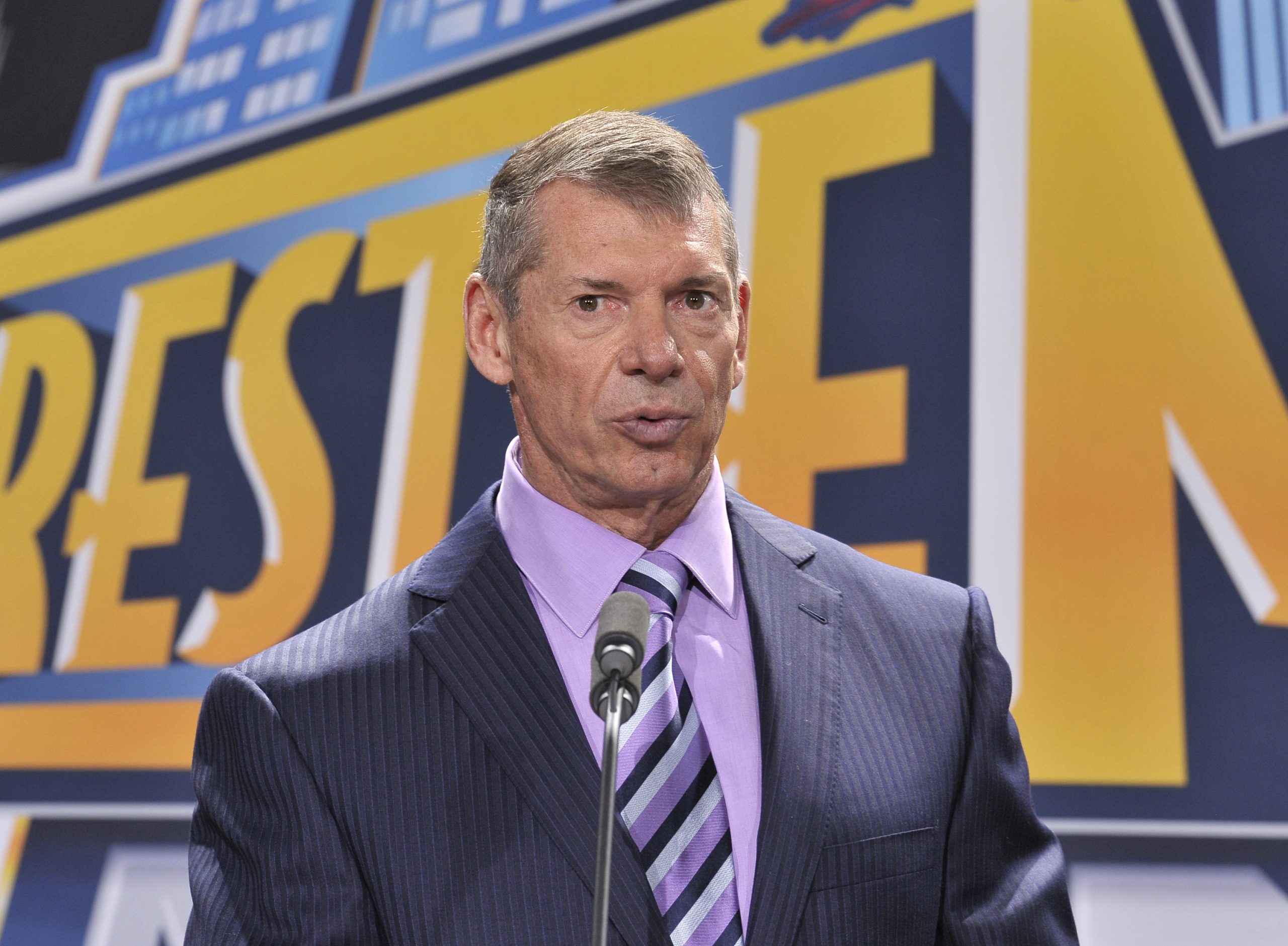In a shocking turn of events, Vince McMahon, co-founder of WWE and a prominent figure in the world of professional wrestling, has been accused of rape and sex trafficking by former WWE employee Janelle Grant. This revelation has sent shockwaves through the wrestling community, but those familiar with McMahon’s career history may not find these allegations entirely surprising. Abraham Josephine Riesman, author of Ringmaster: Vince McMahon and the Unmaking of America, joins Edge of Sports to discuss these serious allegations against McMahon and their potential implications for the sport.
Transcript
Dave Zirin: Welcome to Edge of Sports, brought to you by The Real News Network. I’m Dave Zirin.
We are going to talk to a journalist and New York Times bestselling author right now. Her name is Abraham Josephine Reisman, and we’re going to talk about her book Ringmaster: Vince McMahon and the Unmaking of America.
The charges against Vince McMahon are indeed disturbing – rape, sex trafficking, and acts of non-consensual degradation. As someone who has studied this man, did any of this surprise even you?
Abraham Josephine Riesman: When I first read the lawsuit brought by former WWE employee Janelle Grant against Vince McMahon, I was shocked but not surprised. The details were shocking because these allegations seem to describe things that go farther than what we’ve known or at least had allegations about Vince doing in the past.
But it was really a matter of degree rather than distinction between the past allegations and these new ones. It was a matter of those past alleged acts turned up to 11, in many ways, because Vince has a long history of degrading people, and much of that is not an allegation at all.
You can just watch his television program, especially old episodes from around the turn of the last millennium, and you’ll see examples of female wrestlers being forced to get on all fours, strip to their bra and panties, and bark like dogs. That’s the kind of thing that Vince McMahon was not just putting on television but having his workers do.
So seeing these allegations was shocking insofar as the details cannot help but shock a person, but not surprising when you look at the pattern of other allegations in the past.
Dave Zirin: You’ve got these two personas – Vince McMahon, the billionaire impresario of World Wrestling Entertainment who’s been in charge for four decades running this organization. And then you have his on-screen character – The Boss – who harasses women and even sex trafficked his own daughter in one plot point.
Now at this point, do you see any differences between the person and the character? Does it even matter from what you know of this person’s history? Is this one of those cases of him forgetting who the real person was or is this the real person?
Abraham Josephine Riesman: The contention I make in my book, Ringmaster, is that the second persona you’re describing, the character copyrighted as Mr. McMahon, is, yes, in some ways based on Vince. But in many ways, I see him as a gross exaggeration of Vince’s father.
Now, Vince’s father was not necessarily known for sexual misconduct but he was known within wrestling as a guy you didn’t want to cross. And more importantly, his father was a Northeastern rich kid, as opposed to Vince who lived a very bifurcated existence. He didn’t know his birth father until he was 12 and he was raised in poverty in the South.
So part of the image of Mr. McMahon’s character is that he was born with a silver spoon in his mouth or that he’s always been this patrician Northeasterner. But I think it’s important to note those divergence points where Vince has a very different background than you might expect for Mr. McMahon.
But when it comes to the allegations and televised reality of depravity, there’s a lot of overlap there. If we take even a fraction of Janelle Grant’s allegations to be

